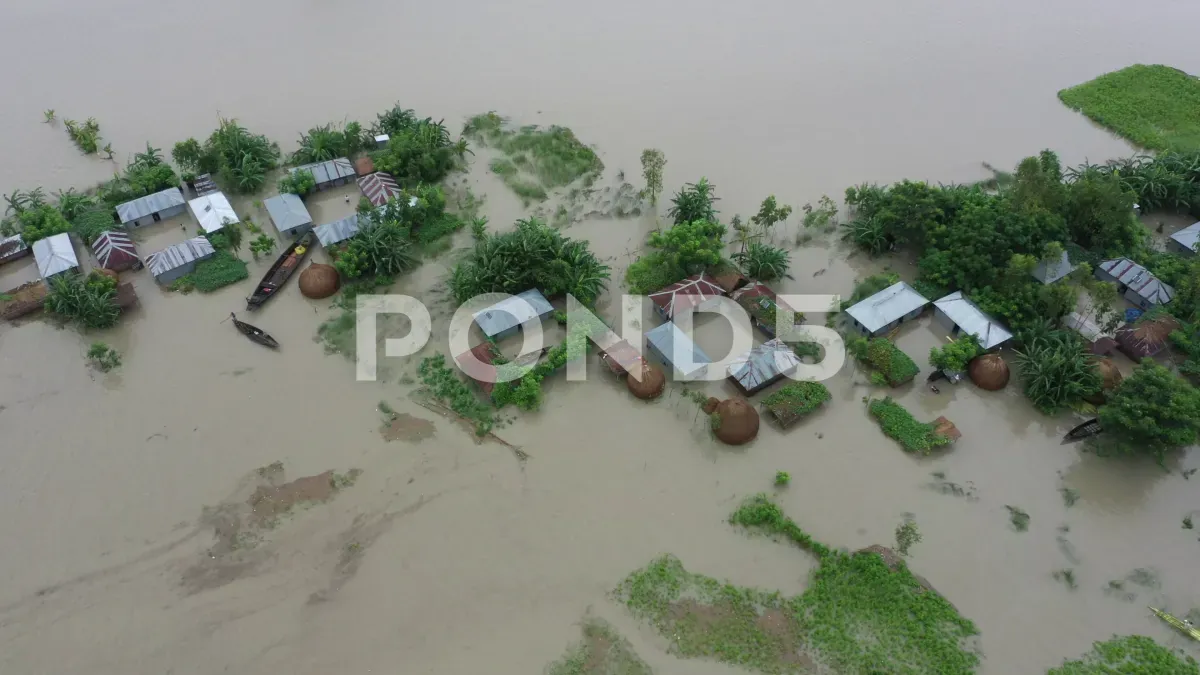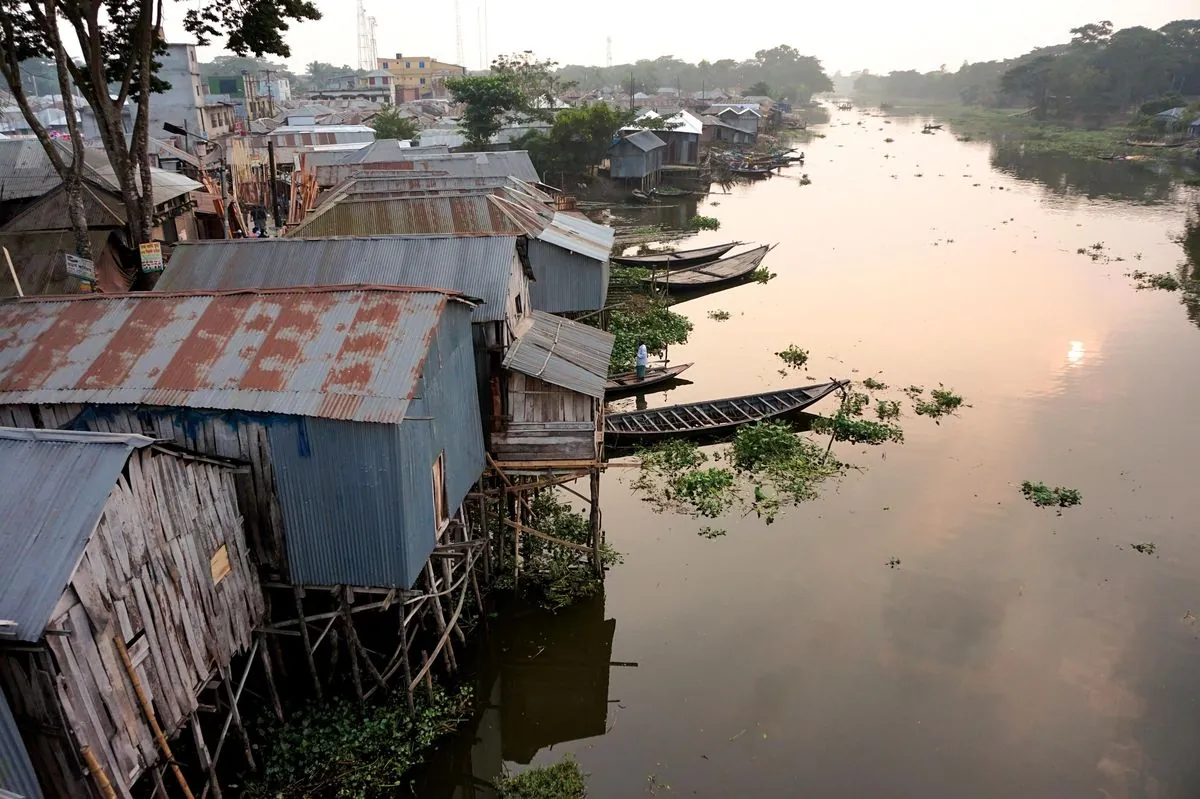Deadly Floods Ravage Northeast India and Bangladesh, Affecting Millions
Severe flooding in Northeast India and Bangladesh has claimed 30 lives and affected millions. Relief efforts are underway as communities grapple with extensive damage to homes and livelihoods.

Severe flooding has devastated parts of Northeast India and eastern Bangladesh, resulting in a significant loss of life and widespread displacement. As of August 2024, the death toll has risen to 30, with millions of people affected by the disaster.
In India's Tripura state, 19 fatalities have been reported since the flooding began. The situation in Bangladesh is equally dire, with 11 deaths confirmed and up to 3 million people stranded in flood-affected areas. BRAC, one of the world's largest NGOs, has described these floods as the worst Bangladesh has experienced in three decades.

The impact on local communities has been severe. Vast areas of farmland have been inundated, destroying crops, homes, and livelihoods. Many residents remain without access to electricity, food, or clean water. In Tripura, approximately 100,000 people have sought refuge in over 400 relief camps, with 1.7 million affected across eight districts.
Bangladesh, a low-lying country with over 230 rivers, is particularly vulnerable to flooding. Its high population density of over 1,100 people per square kilometer exacerbates the challenges faced during natural disasters. The country's susceptibility to flooding is further increased by factors such as deforestation in the Himalayas and climate change, which is expected to intensify the frequency and severity of such events.
Relief efforts are underway, with both government agencies and NGOs working to provide assistance. The Bangladeshi military has deployed helicopters to deliver relief materials and dry food to affected areas. However, reaching all those in need remains challenging due to the extensive flooding and damaged infrastructure.
"Entire villages, all of the families who lived in them, and everything they owned — homes, livestock, farmlands, fisheries — have been washed away. People had no time to save anything. There are people stranded across the country, and we are expecting the situation to worsen in many places as rains continue."
The floods have also highlighted the importance of disaster preparedness and adaptation strategies. Bangladesh has implemented a Flood Forecasting and Warning System and developed an extensive network of cyclone shelters. Additionally, innovative techniques such as floating agriculture have been developed to cope with frequent flooding.
As the waters begin to recede in some areas, the focus will shift to recovery and rebuilding. However, with Bangladesh losing about 1% of its arable land each year due to climate change and natural disasters, long-term solutions and international cooperation will be crucial in addressing the recurring challenge of severe flooding in the region.


































